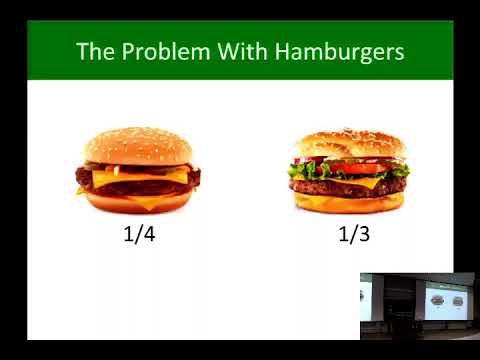Description:
Save Big on Coursera Plus. 7,000+ courses at $160 off. Limited Time Only!
Grab it
Explore cutting-edge research on creating fast autonomous learners in this 57-minute lecture by Emma Brunskill at the Center for Language & Speech Processing, JHU. Delve into the challenges of developing AI agents that can make good decisions in stochastic environments, with a focus on applications involving human interaction. Learn about transfer learning across sequential decision-making tasks and its potential to improve educational tools. Discover key concepts such as Markov Decision Processes, reinforcement learning, and unbiased policy evaluation. Examine innovative approaches like queue-based offline evaluation and Bayesian optimization for faster, more efficient policy search. Investigate personalization and transfer learning techniques for sequential decision-making tasks, and understand the importance of sample efficiency in real-world applications. Gain insights from Brunskill's expertise in AI and machine learning, particularly in the context of intelligent tutoring systems and medical interfaces.
Read more

Towards Fast Autonomous Learners: Advances in Reinforcement Learning - 2015
Add to list
#Computer Science
#Machine Learning
#Reinforcement Learning
#Artificial Intelligence
#Transfer Learning
#Markov Decision Processes
#Bandit Algorithms
#Bayesian Optimization
#Sample Complexity